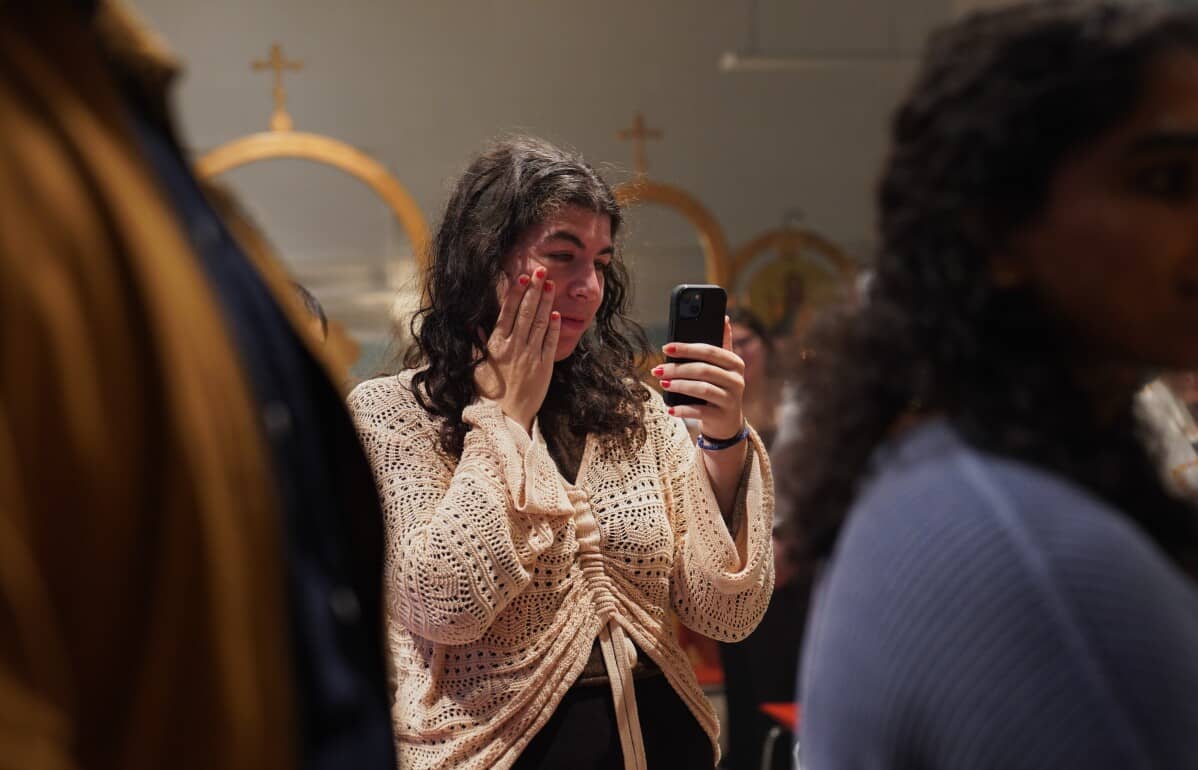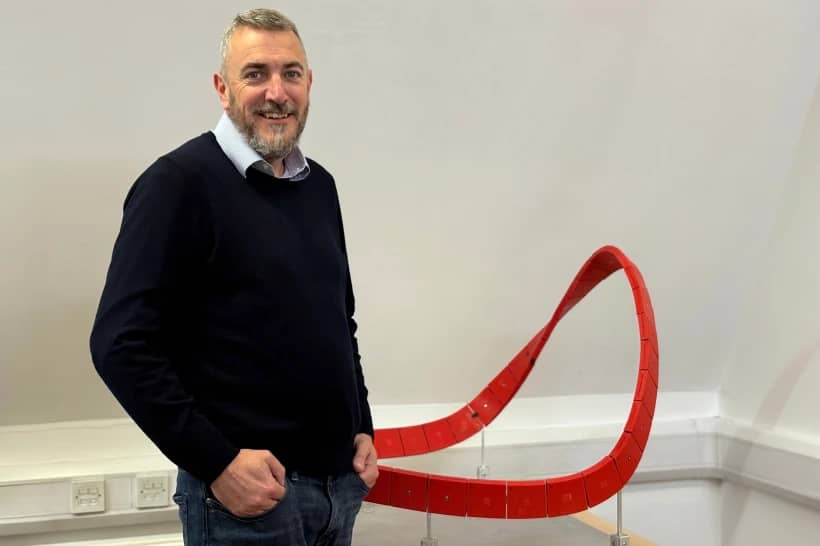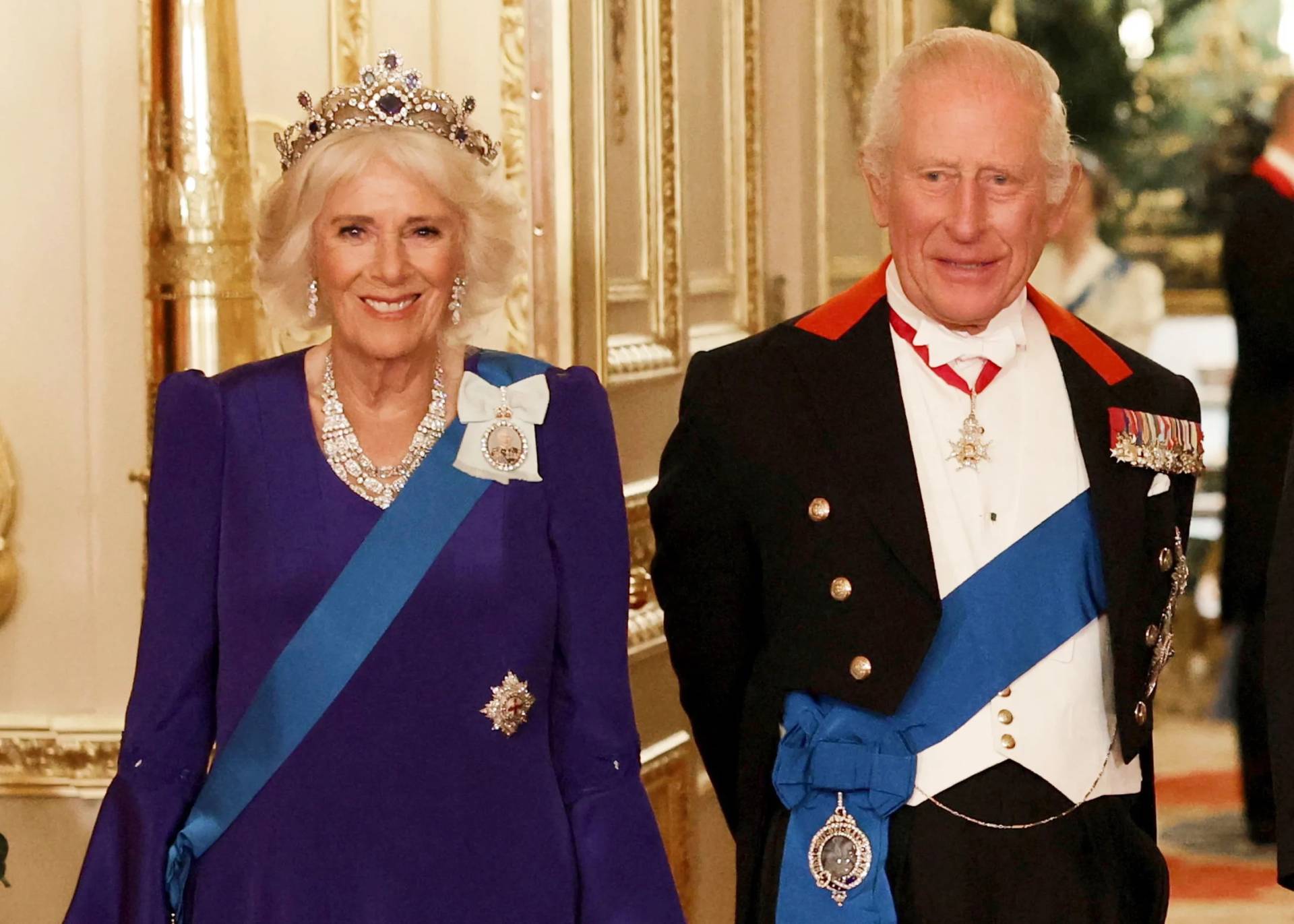LONDON — England and Wales face “the very real threat” of assisted suicide becoming law, the bishops warned Catholics on the eve of the introduction of new bill to legalize the practice.
Auxiliary Bishop John Sherrington of Westminster, the lead for life issues of the Bishops’ Conference of England and Wales, said the “aid in dying bill” would “fundamentally change the relationship between the doctor and the patient as it would change from treatment and care to assisting another’s death.”
He said the private member’s bill, due to be introduced May 26 into the House of Lords, was based on “false compassion” for sick and elderly patients.
Its proposals, he said in a statement, stood in contrast to the “extraordinary commitment of health care professionals and their loving care for the sick and dying” during the COVID-19 pandemic.
“These acts of heroic love are a powerful testimony to the fundamental dignity of the human person and to the importance of proper love and care in the face of grave illness and in the last moments of life,” said Bishop Sherrington.
“The Catholic Church remains opposed to any form of assisted suicide,” he said. “We reaffirm our support for high quality end-of-life care, which includes spiritual and pastoral support for the one who is dying and their family.”
The annual “Day for Life,” celebrated in England and Wales June 20, “will call Catholics to pray for good care of those who are elderly, sick and dying and to oppose such legislation,” the bishop added.
According to newspaper reports, the legislation seeks to permit terminally ill, mentally competent adults deemed to be in their final six months of life to have access to lethal drugs to commit suicide, pending the permission of two doctors and a judge.
It has the ostensible aim of alleviating “intolerable suffering” and seeks to overturn prohibitions under the 1961 Suicide Act, which make it a criminal offense to help people to kill themselves, punishable by a prison sentence of up to 14 years.
It represents the third attempt in a decade to change the law on assisted suicide in Parliament and comes six years after a bill was defeated in the House of Commons.
No votes will be taken on the bill’s first reading, but a second reading is expected in the fall, when politicians can debate and vote on the proposals.
Baroness Meacher, who is introducing the legislation, told the Sunday Times the bill could improve “the ability of all of us to lead happier lives in the knowledge that we will have some control over how we die and that we can die with dignity surrounded by our families.”
She said in a May 23 interview that the alternative is “suffering at the end of life, possibly from pain, wounds, helplessness and or indignity.”
But Bishop Mark Davies of Shrewsbury said in a May 24 statement that the bill would remove “a shield from some of the most vulnerable members of society.”
“If Parliament were ever persuaded to legalize assisted suicide, we should be in no doubt as to the moral line that would be crossed, a line that has never been legally crossed in our care of the sick and elderly since the foundation of our society,” he said.
“The culture built on the commandment ‘You shall not kill’ has protected the most vulnerable, led to the development of the finest end-of-life care and never required of our medical and nursing professions that they assist in the suicide or the killing of their patients.”

















